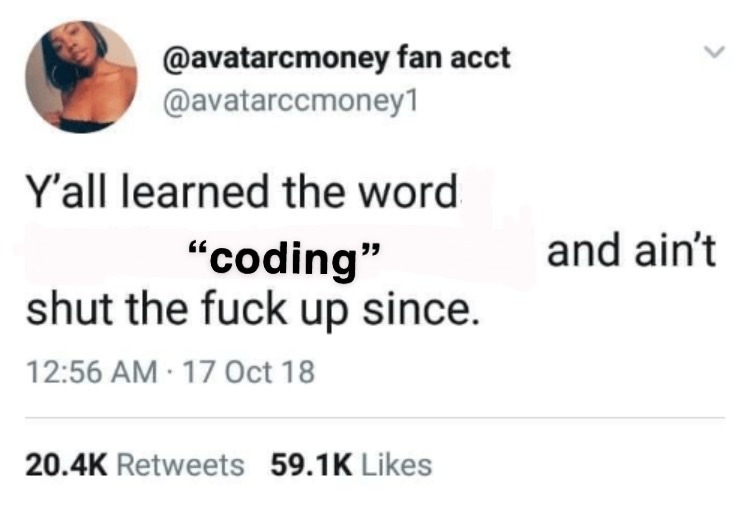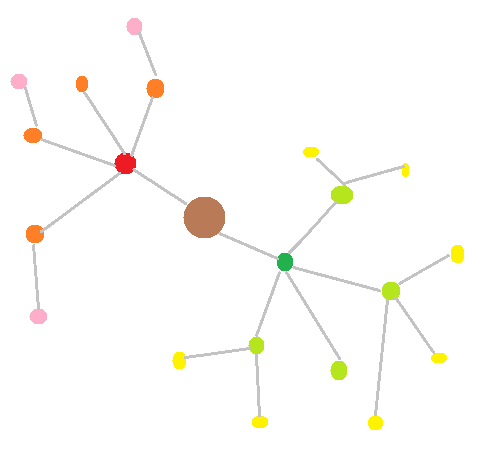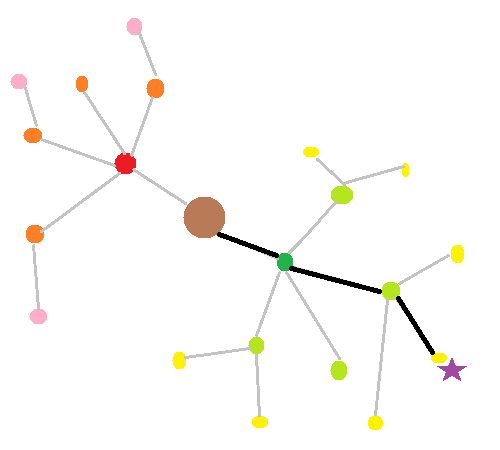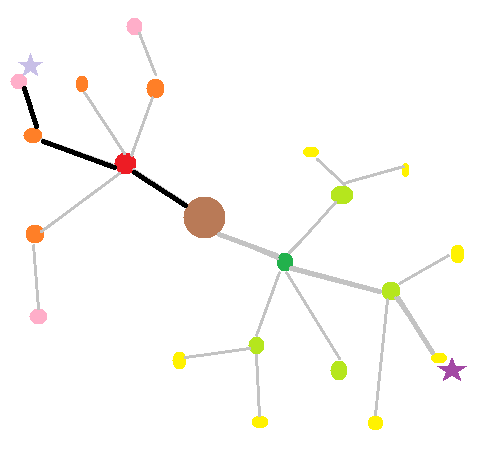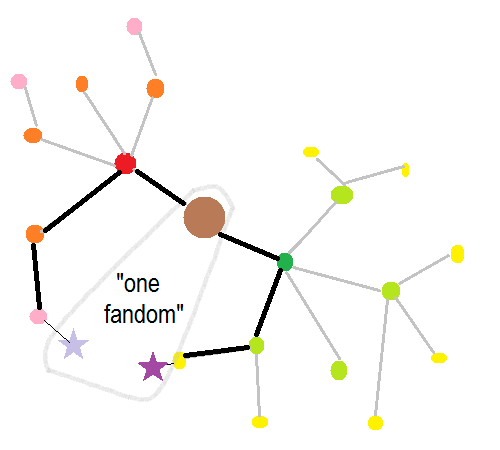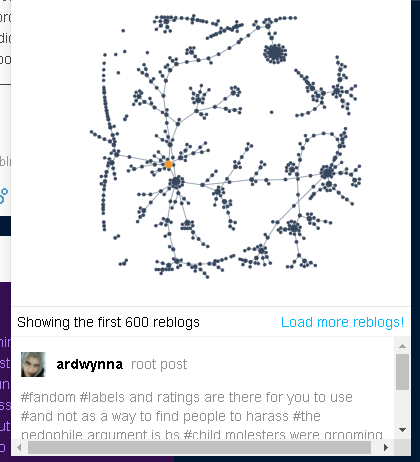holy trinity
It’s like …
Even if we agree with Fangirl Jean that Kylo Ren was queer coded and femme coded (which I don’t – to me, Kylo Ren is the avatar of every privileged white boy who is still pissed off that his parents grounded him for smoking weed in his Corvette when he was 18), I doubt that many people hate and mock him for his hair style. They mock him for throwing temper tantrums when he’s second in command of a galaxy-sized conspiracy to overthrow the government. They hate him for being Himmler and making sure that the First Order’s genocide of the Hosnian system went off without a hitch. They hate and mock him for murdering his own father in order to become a fully actualized human being.
Even if we agree that Tony Stark is bisexual and female-coded, (which I don’t – he’s a mashup of every rich white man who is so wealthy he can’t conceive of rational limitations on his own desires and dreams, a la’ Hughes/Disney/Trump/Musk, so much that his sexuality is irrelevant. By the way, it’s not the fact that he operates on a different level that is his flaw, it’s his lack of awareness of how he uses that advantage), I doubt many people hate and mock him for his emotional volatility. It took three days for Tony to create Ultron, and he did because his reaction to the Scarlet Witch’s head game was more important than the fact that he kept it a secret from the people he’s supposed to be working with. It’s not that he signed the Sokovia Accord, it’s that he kept saying “we need to be kept in check” when he meant “I need to be kept in check so I don’t feel guilty anymore.”
Even if we agree with the idea that Loki is queer-coded, female-coded, Jewish-coded, and mentally ill, (which I don’t. History and literature are full of second sons who so over-valued their potential that they felt this gave them the right to rebel, and the vast majority were terribly straight murderers. Long hair and a cape doesn’t make you queer-coded or female-coded, and I have a much more terrible idea where they got Jewish-coded from, so I ain’t even going to touch it.) he needs to be taken down a peg because he exiled his brother through deception, tried to murder him with a plasma-based mystical robot, and joined forces with an evil dictator whose stated goal was killing half the universe in order to enslave the human race.
Can we not agree that mass murder is bad? Can we not agree that non-mass murder is bad? Can we not agree that if you almost cause the extinction of the human race, that you might be due for a little humble pie? Can we not agree that patricide, fratricide, and genocide are issues that have to be addressed?
Can we agree that it’s not unfair to hold the people responsible for such things, as, you know, responsible for such things?
hi quick question how the everloving fuck is Kylo Ren the Interstellar Incel NOT the walking talking fictional embodiment of modern toxic masculinity???
Also - I love Tony Stark, and in the comics, the Iron Man line/franchise was more directly targeted towards female audiences than most other male superheroes…but that does not make him “female coded” or “bi coded”. The fact that fandom loves to make him the bottom of almost every slash ship because he happens to be short and brainy is our community’s internalized heternormativity, not feminine- or queer-coding from the movies themselves.
I…do not want to know where “Jewish-Coded Loki” came from, do I?

